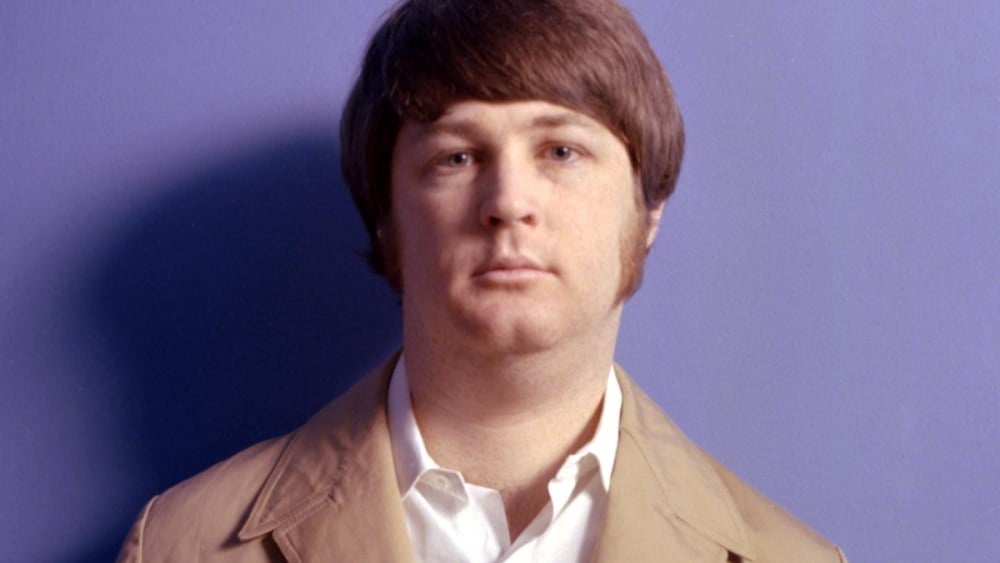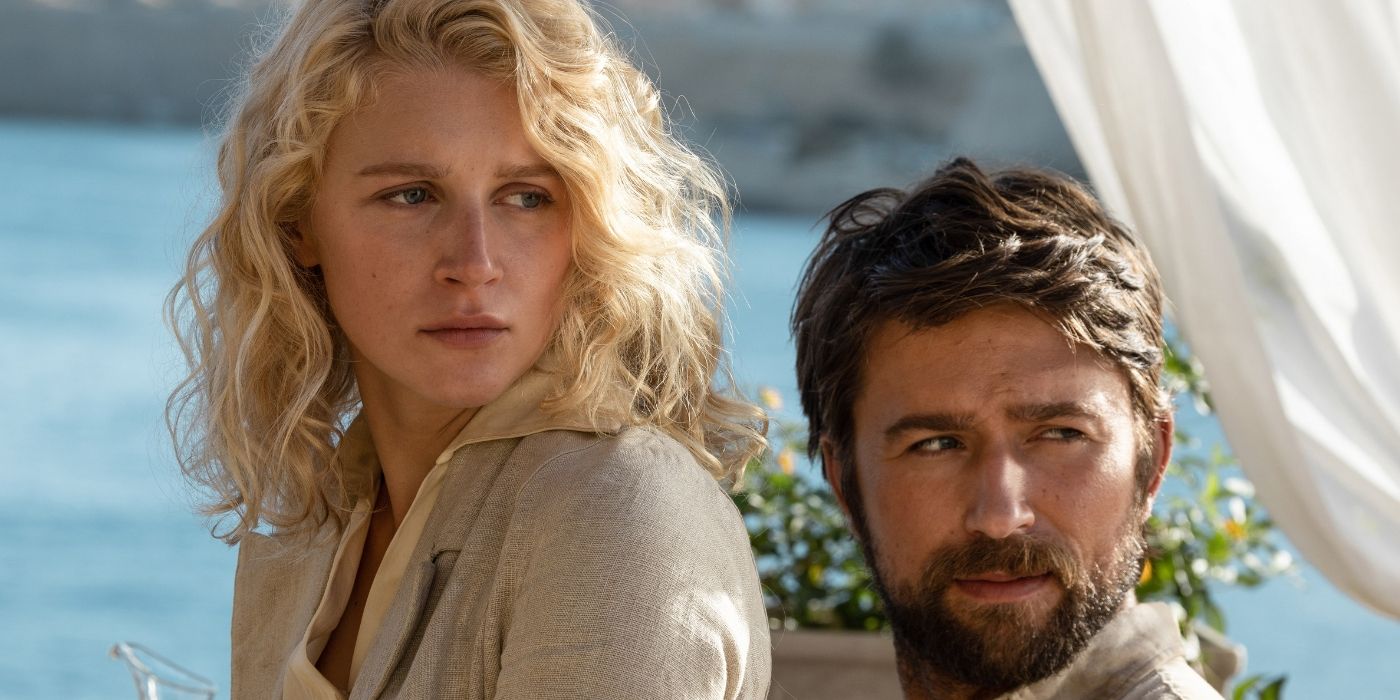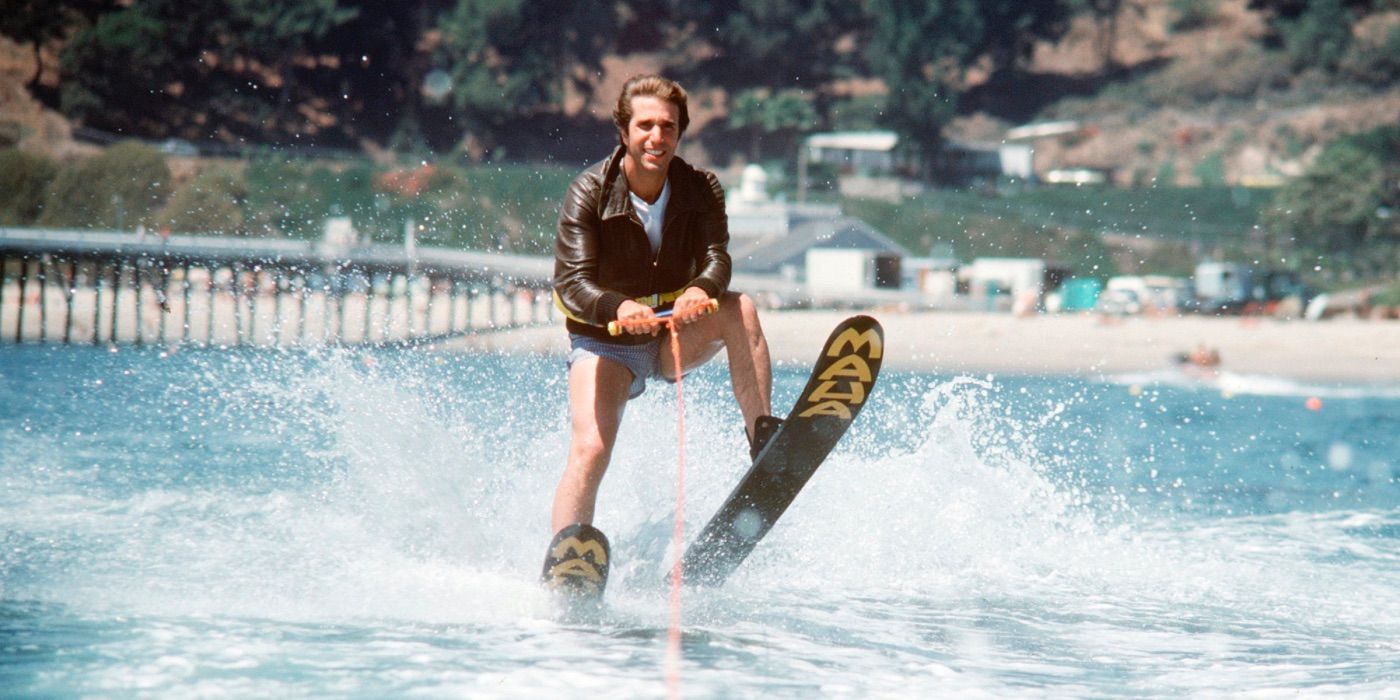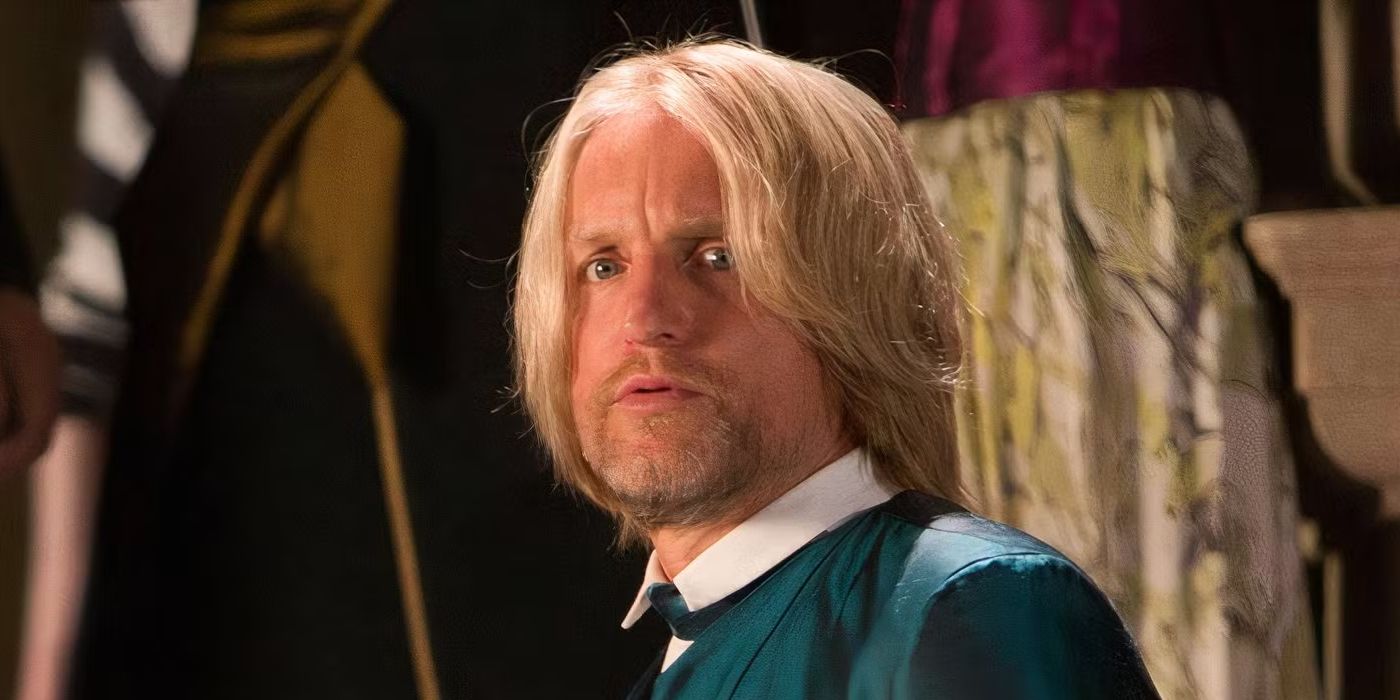The Long Goodbye - by Jonn Elledge
The night we met, Agnes asked if I had a pound so she could buy some filters. In exchange, she promised, she’d roll cigarettes for me for the rest of the night. This, it turned out, was a ploy. She’d be rolling cigarettes for me for the next five years.
She had a quite incredible natural charisma – she could meet a stranger, and be their best friend by last orders. (Sometimes she would announce her intention to be their best friend. Oddly, they would very rarely run away?) She could also talk her way into any room: she once got Sky News’ Adam Boulton, who I’m not sure she even knew, to let me into a party at Tory conference, because why would he not help this charming young woman who’d interrupted his conversation with the Chancellor of the Exchequer?
She was the most instinctively kind person I’ve ever known, performing an endless stream of acts of service for friends and acquaintances, reaching out to people on Twitter having a hard time, gently muttering “I’m sorry people talk to you like that” to service staff dealing with terrible customers. She taught me that, when people ask for spare change, you should always ask them their names, even if you have no money – because even if you can’t help, the very least you can do is to treat someone like a person, not an annoyance. We ended up knowing some of the local Big Issue guys quite well. One of them once, when I was having a rough day, offered to give me a hug and told me, “I’m always here.”
There’s a risk, in describing someone as “kind”, that you imagine something close to “insipid”. But Agnes could also be quite hilariously, gloriously bitchy. She loved stories in which people had held grudges, or included enemies lists in their books. She loved gossip, too: the collecting and sharing of it, whether about people we knew or members of the Cabinet or those in line for the British throne. When she was nine, a girl in her class stole her clarinet, and she was still complaining about it well into her 30s. I can feel her getting annoyed at me now for not being able to remember her name. I told you enough times.
*****
When first we met, Agnes worked at Chatham House, an institution to which she was very proud to be connected, where she’d made many friends and was hugely loved and which actually had, she’d want you to know, only one rule. She was the deputy editor on their monthly magazine, The World Today, whose editor Alan Philps ran a truly lovely tribute to her after her death. He also, I’m pretty sure, moved a holiday so he could attend her memorial.
One of her favourite parts of the job, which Alan was kind enough to indulge, was spending the day after publication making brief promotional stop-motion animations, and publishing them on Vine; another was co-hosting the CH postcast Undercurrents. As someone who has to work to restrain my own impulse to show off when interviewing, I was in awe of her ability to ask gently probing questions that would get good answers, and between that and the warmth of her voice, it’s a matter of great injustice that she wasn’t snapped up in some capacity by Radio 4. If you want a sample, I remember particularly enjoying this episode in which she interviewed Oliver Bullogh about his book, Moneyland. There’s also an episode of my own podcast Skylines, in which we discussed a press trip we’d just taken to Finland – I’d been invited, she’d asked the details and then blagged her way on – while audibly pretending we weren’t dating.
Not long after we met, Agnes bought some goldfish and named them Lenin, Trotsky and Stalin. (I’m not entirely sure why; her communist sympathies were limited). They died in the historically correct order, and it is at least possible that Stalin murdered Trotsky. One day a few months after that she phoned me: “Jonn, is it possible that fish can just... disappear?” Stalin was missing from his tank. I’m not sure how long it took to realise that he’d jumped, but I do remember telling her she should be prepared for the worst.
*****
The definitive Agnes story concerned the time she heard a woman sobbing in the next cubicle and decided to read her a poem. You’d imagine that this would be awkward, but no: the woman came out, talked about the loss of her mother, said that she’d never forget her and then they hugged. Later Agnes tweeted about it, went viral, picked up a thousand followers and ended up talking about the power of poetry on Radio 4. It was all incredibly on brand.
That includes the rather less noticed postscripts. Firstly, a week later Agnes texted the woman to ask how she was. The reply came back: “I’m sorry, who is this?” She hadn’t forgotten, she just hadn’t saved the number.
Even better, she got a write up in her university alumni magazine: a huge picture of her, above a lengthy re-telling of the story. Underneath that was a much smaller entry about someone else, not pictured, who’d given a stranger a kidney.
A lot of the memories I treasure most are the silly ones. Her furious live tweeting of the first time she watched The Muppet Christmas Carol (“NO ONE TOLD ME IT WAS A MUSICAL FFS”). The time she refused to let me deal with the Christmas tree, because I’d messed it up the previous year, told the delivery man it was far too big, and somehow came back with the wrong half (“The Christmas bush”; the dog was terrified). The way that, high on dental anaesthetic, she once cried because she felt the cats at the cat cafe were being exploited, but was the only person on earth who was unmoved by the first ten minutes of Up.
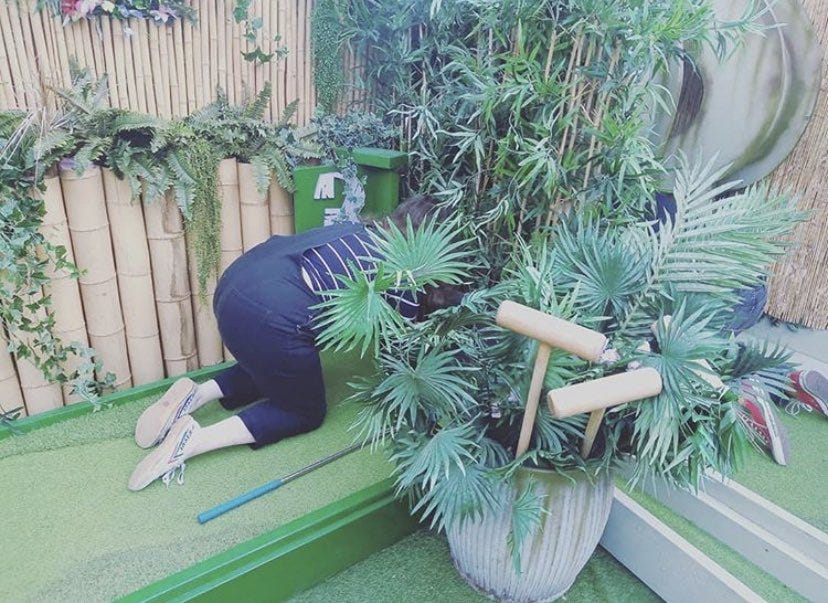
The way she’d order snails in restaurants, not because she liked them but because she didn’t and wanted to feel like she was winning. The time she complained about people who valued human and animal life the same with the phrase, “I’m worth more than a slug. I’ve got a masters degree.” (One of her best friends, Sarah Duggers – who wrote her own, beautiful tribute last year, and whose friendship, love and generosity these last two years I fear I’ll never be able to repay – used to keep a hashtag for this sort of occasion: #ShitAgnesFrimSays.)
An overwhelming, almost superhuman kindness, and an absolute delight in the absurdity of both herself and the world. You can never really distill into words what it is that makes you love someone. But those would definitely be in the mix.
*****
Agnes had always wanted a dog. And despite my having grown up with cats and feeling largely indifferent to dogs, I agreed, because I wanted to show I was committed to her and because I wanted to make her happy. The night a dog psychologist we’d seen on television posted an Instagram story about the last, unclaimed puppy in a litter born a mile up the road from our flat, I encouraged her to make contact. We joked that we’d call him Scampi, because he looked like some Scampi, then added Henry because Scampi isn’t a name.
I didn’t really think it would happen; we’d made such enquiries before. But when Agnes went to meet him – I was away that day, for work – she sent me a video clip in which the breeder could be clearly heard using the phrase “your new mummy”, and I knew then that I was in trouble.
She loved Henry Scampi as much as I’ve ever seen anyone love anything that wasn’t a person – the last photo she ever posted was of him, and her Twitter banner picture was of him sat at a table during some fancy dinner somewhere. And as sometimes happens with pets, he pulled us across that invisible line from “couple” to “family”. Whenever someone new met him, she’d ask with a quite incredible level earnestness, “Did they think he was a good dog?” As if anyone was ever going to say, “Wow, your puppy’s a dick.”
When Henry was little, we’d take turns blowing on his face to annoy him, even though it was something the lovely trainer who’d introduced us to him explicitly disapproved of, because his reaction of hiding his face with his paws or by burying it into a cushion was the single cutest thing that the world has ever known. She told me once she thought he disliked her battered but much loved childhood teddy bear, Bruno, and when I asked why replied with the single word, “Rivals”. Around the same time, she yelled at me for repeatedly leaving socks behind the hatstand, and refused to believe me when I said it was the dog. Several days later she said, out of nowhere, “Of course it was the dog”, and admitted she’d realised it was the moment I’d said it. She just hadn’t wanted to back down.
She also set Henry Scampi up with his own Netflix log-in, and then waited patiently for several weeks for me to notice. When I finally did, she laughed for a good three minutes.
On the night she died she made herself some fish fingers. The next morning, they were still there. Henry Scampi hadn’t touched them. Because they were Agnes’ fish fingers, and she hadn’t told him he could have them.
Yes, Frim. He really is a good dog.
*****
The summer before her death, we were meant to leave the country for the first time in three years – the first time since that pre-pandemic trip to Prague, which she’d booked late one night while I slept because we’d had a disagreement about something, and she wanted to do something nice to show things were okay, and on which we’d gone to a model train museum purely so we could tweet about it and she could pretend she’d never wanted to go. This time we were going to Lisbon.
Except – she couldn’t find her passport. A search of multiple properties didn’t reveal it. We never made it to Lisbon, and went to Torquay instead; I told her I wouldn’t be angry because what was the point, but that I did reserve the right to tell everyone about it for the rest of time, and she said that was more than fair, so here we are. We had such a lovely time in Torquay, anyway – where we were mattered less than going there together – and staying in the UK meant we got to take the dog, and invent the game of “Henry Tennis”, where we’d sit on different beds in our overlarge hotel room, and take turns calling him to us. The only problem with the game was it turned out that we’d get bored long before it would occur to the dog he could just ignore us.
A few months before her death, illness and exhaustion caused Agnes to miss a mutual friend’s birthday. It was a glorious party, one of the best I attended that year, with all sorts of lovely people and also a few awful ones I delighted in deliberately avoiding. And even though she’d insisted I went, I found I couldn’t enjoy it even slightly, and spent the whole night looking forward to the point it would not be unseemly to leave, to go home to be with her.
It’s easy to look back at moments like this, and to imagine on some level I knew I had to grab every moment with her because our time was running out. It’s nonsense, of course. The truth is more prosaic: I’d just rather have been with her than I would anywhere else.
I’ve slipped into writing about myself, once again, which is a sign it’s time to stop. So I’m going to close by noting that, in my fridge, for a long time, there was a bottle of champagne my publisher sent me the day A History of the World in 47 Borders was published. It lay there unopened, for month after month, for the better part of a year. Without her, I just couldn’t imagine a time I would ever want to celebrate a book she had done so much to shape.
In the end, I took it home to my mother’s for Christmas. Because life goes on, and there are others I love and I wanted to share it with them, and because we should always celebrate while we can.
I miss you Frim. I always will. But I know how you’d have been saddened by the idea of undrunk champagne.
I love you. Sleep well.


